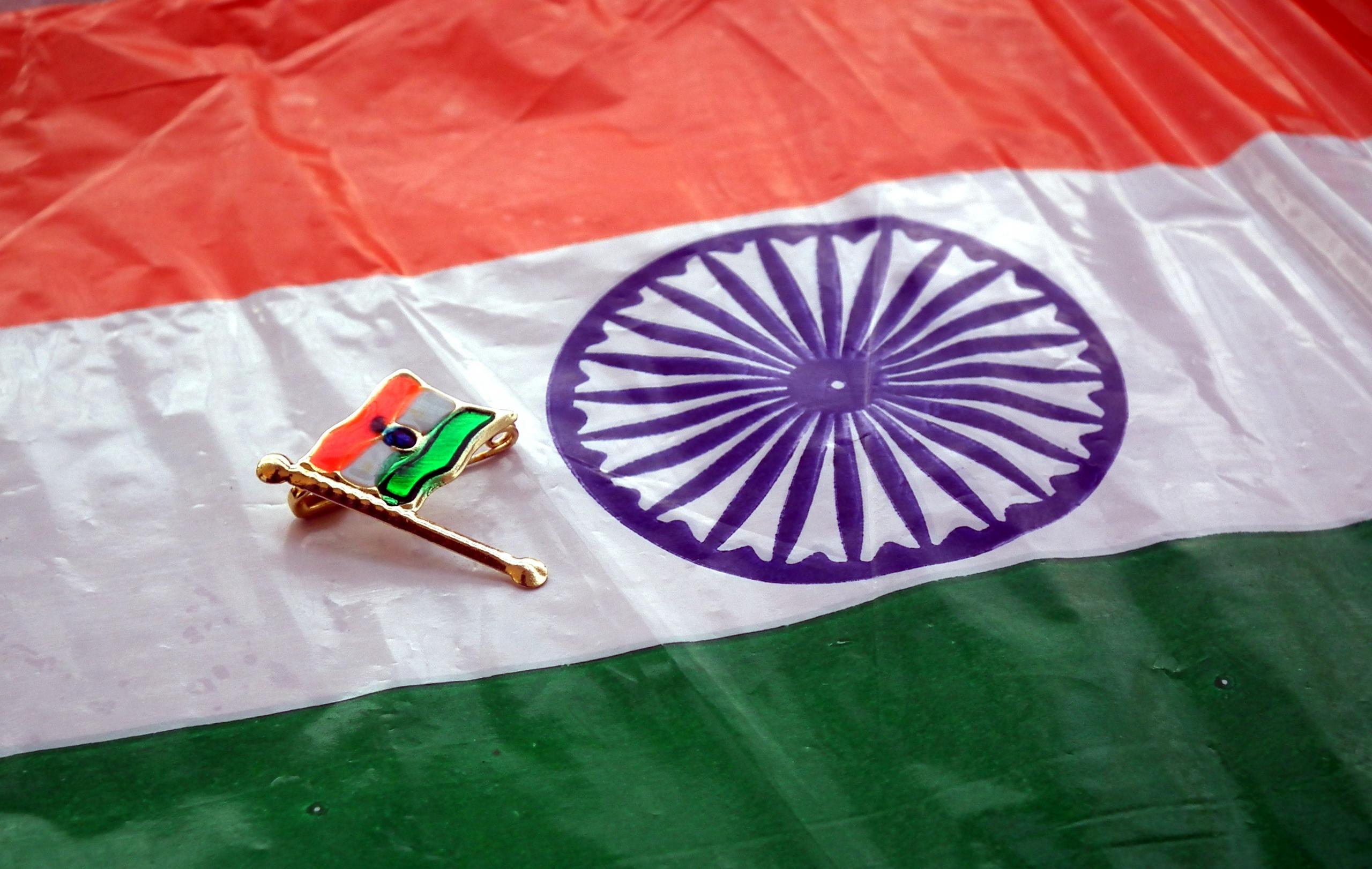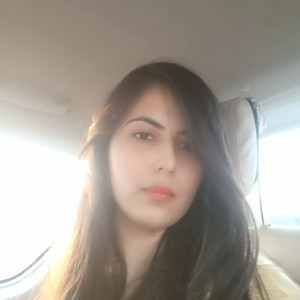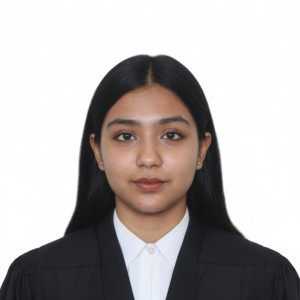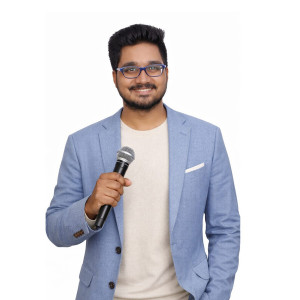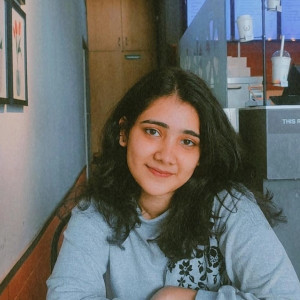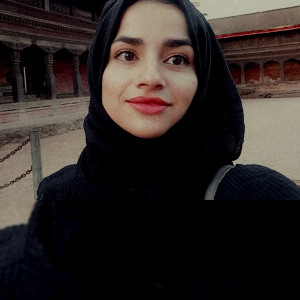The Independence Day of India is celebrated annually on the 15th of August and holds significant importance as a national day. It serves as a reminder to every Indian of the commencement of a new era, marking the liberation from British colonial rule that lasted for over two centuries. India achieved independence from British colonial rule on August 15, 1947, and the leaders of the country assumed power. India's attainment of independence was a significant and fateful event, characterized by a prolonged and arduous war for freedom, marked by the selfless efforts of numerous freedom fighters who made the ultimate sacrifice.

The Importance of Independence Day in India
Independence Day is officially recognized as a national holiday in the country. This day serves as a remembrance of the many sacrifices made by India's freedom fighters to promote the cause of liberation and ensure our freedom from British control.
Pingali Venkayya, an educationist and independence warrior from Andhra Pradesh, created the current Indian National Flag. On August 15, 1947, Jawaharlal Nehru, the first Prime Minister of India, raised the national flag at the Lahori Gate of the Red Fort in Delhi.
The current national flag consists of three colors: saffron symbolizes bravery and selflessness, white symbolizes tranquility, and green symbolizes wealth. The Ashok Chakra in the center symbolizes the perpetual cycle of existence.
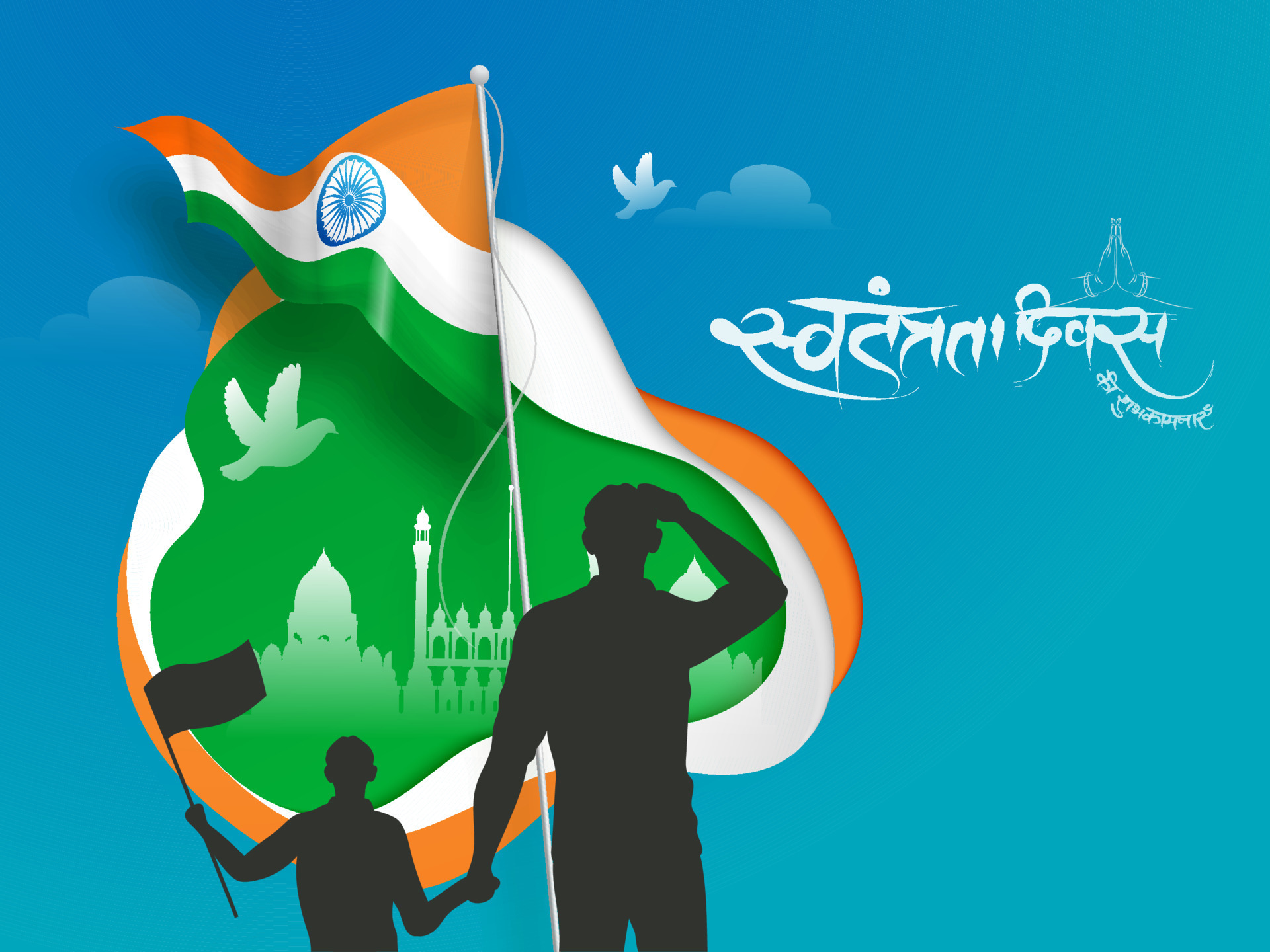
Popular Independence Day Speeches in India
Independence Day is a time to celebrate the freedom that India achieved after enduring years of unwavering fight. Additionally, it is a moment to contemplate the sacrifices made by the multitude of freedom warriors who courageously battled for India's autonomy. Over the years, influential speeches have been given by freedom fighters and leaders on August 15, which have sparked a strong sense of patriotism in the country. Presented below are some impactful speeches delivered on August 15th that served as a source of inspiration for an entire nation.
| Jawaharlal Nehru | 1947 | “Long years ago we made a tryst with destiny, and now the time comes when we shall redeem our pledge, not wholly or in full measure, but very substantially. At the stroke of the midnight hour, when the world sleeps, India will awake to life and freedom." Jawaharlal Nehru, the first Prime Minister of India, delivered this speech at the stroke of midnight on August 14, marking the commencement of India's autonomy. His speech heralded a novel trajectory for the nation, which was governed by the populace. He added, “A moment comes, which comes but rarely in history, when we step out from the old to the new when an age ends, and when the soul of a nation, long suppressed, finds utterance. It is fitting that at this solemn moment, we take the pledge of dedication to the service of India and her people and to the still larger cause of humanity.” |
| Indira Gandhi | 1966 | Indira Gandhi, the daughter of former Prime Minister Jawaharlal Nehru, assumed the position of the first female Prime Minister in 1966. Although she delivered her initial speech in the same year, her most renowned address was in 1984. “If we have achieved independence, we should not rest peacefully that we have now achieved independence. We always have to struggle to maintain it. We have to protect this flame of independence from every storm, from every gust of wind, we have to save it with our hard work .” During that period, Indira Gandhi issued a directive to the Indian army to initiate Operation Blue Star to eliminate Sikh militants who were advocating for the creation of Khalistan. She was murdered by her bodyguard two months following her speech. |
| Rajiv Gandhi | 1982 | Rajiv Gandhi entered the political arena and assumed the position of prime minister after the passing of his mother, the previous prime minister Indira Gandhi. He held the status of India's youngest Prime Minister and was the third member of the Gandhi family to do so. “Being an Indian does not mean we are mere inhabitants of the country… We have a diversity of cultures. We belong to different religions- Hindus, Muslims, Sikhs, Christians, Jains, Parsis and Buddhists… We accord equal respect to all faiths and religions. Our strength and unity flow from this fact. This is the only path we must follow, for our strength lies in our diversity.” |
| Atal Bihari Vajpayee | 1990 | Atal Bihar Vajpayee, the esteemed leader of the Bharatiya Janata Party, was renowned for his deliberate and contemplative pauses throughout his talks, which were adorned with eloquent poetry. “Come, let us make India a nation of high achievers - in every sphere. In business and economy, in education, in science and technology, in arts and culture, and also in sports. Let us make India synonymous with 'achievement', the achievement of the kind that can be benchmarked globally,” he had said in 1999. "Today, speaking to a self-confident India, I declare: Sanctions have lost their effect. They have become a thing of the past. We have dealt with them in such a way that they hardly had any effect on our economy. We kept the Southeast Asian economic crisis at bay.” He further added, “Yes, the Government was brought down, but the country was not. It continued to march ahead, fulfilling the mantra of Charaiveti, Charaiveti (Move on, Move on). The Government continued to discharge its duty.” |
| Manmohan Singh | 2013 | Indira Gandhi, the daughter of former Prime Minister Jawaharlal Nehru, assumed the position of the first female Prime Minister in 1966. Although she delivered her initial speech in the same year, her most renowned address was in 1984. “If we have achieved independence, we should not rest peacefully that we have now achieved independence. We always have to struggle to maintain it. We have to protect this flame of independence from every storm, from every gust of wind, we have to save it with our hard work .” During that period, Indira Gandhi issued a directive to the Indian army to initiate Operation Blue Star to eliminate Sikh militants who were advocating for the creation of Khalistan. She was murdered by her bodyguard two months following her speech. |
| Narendra Modi | 2014 | In his first speech as Prime Minister, Narendra Modi spoke about nation-building. "My dear countrymen, this nation has neither been built by political leaders nor by rulers nor by governments. This nation has been built by our farmers, our workers, our mothers and sisters, our youth. The country has reached here today because of generation-to-generation rigors undertaken by our sages, our saints, our maestros, our teachers, our scientists, and social workers," Before implementing the demonetization initiative in the country, Narendra Modi made a statement comparing corruption to a termite, emphasizing its gradual and pervasive nature, but also expressing confidence in its potential eradication with opportune interventions. |
Independence Day Celebrations in India
Despite August 15 being a national holiday, many patriotic and cultural activities are conducted around the country. The festivities encompass both official and popular components, which entail a range of ceremonies, activities, and demonstrations of national pride.
The main event takes place in the Red Fort in Delhi. The national flag is raised by the Prime Minister, accompanied by the singing of the national song. The leader delivers a speech to the entire country, emphasizing accomplishments from the previous year, outlining the government's future strategies, and honoring those who fought for independence.
Following the address, there is a parade that displays India's military prowess and cultural variety. The event included presentations by school students, tableaux depicting various states, and exhibitions by the military services.

Individuals worldwide raise the national flag, organize cultural events, exchange proud and encouraging messages, and host specialized seminars to commemorate India's fight for independence. It is a day that instills a sense of national pride and serves as a reminder for Indians to reflect on their past, pay tribute to the courageous individuals who fought for freedom, and commemorate the accomplishments and cultural legacy of the nation.
India will commemorate its 78th year of Independence in 2024. India's Independence Day, known as Swatantrata Diwas, is celebrated on the 15th of August each year. This year, on the 15th of August, India will be celebrating its 78th Independence Day, marking 77 years of freedom and liberty for our nation since its founding in 1947.
Summarise with AI:

